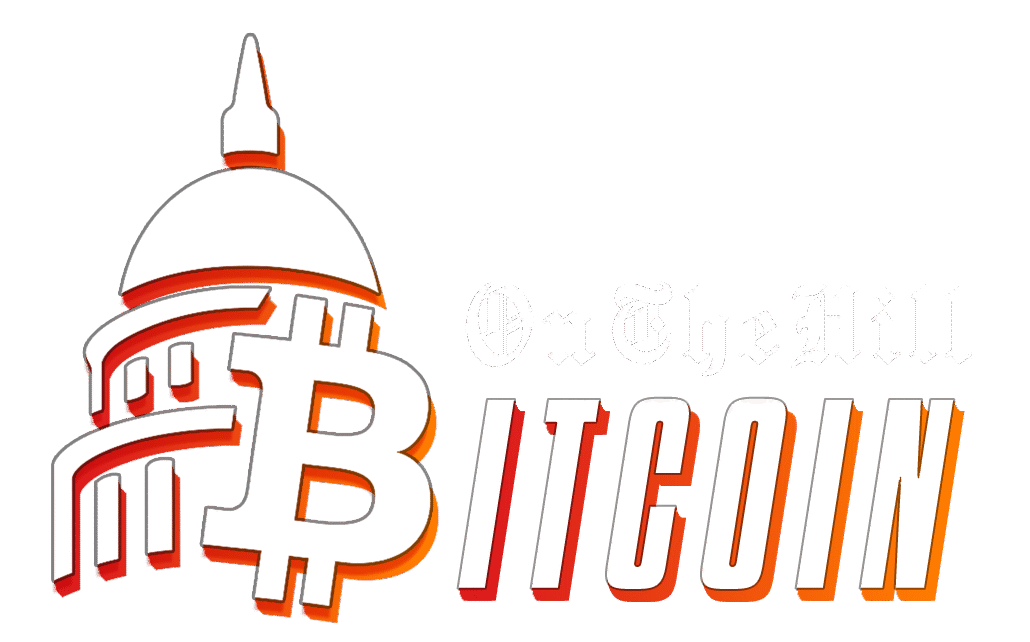Inveniam Capital Moves Into Decentralized Data With Storj Acquisition
Big moves are shaking up the world of decentralized technology. Inveniam Capital Partners has just announced its acquisition of Storj, a leading player in decentralized cloud storage. The plan? Inveniam will weave Storj’s cutting-edge technology right into its own platform, pushing forward the boundaries of blockchain-powered data infrastructure. But here’s the kicker: Storj isn’t going anywhere. The company will keep running with its current leadership at the helm, ensuring business as usual for its loyal user base.
This partnership signals a major step toward mainstream adoption of decentralized data storage, a technology often lauded for its security, transparency, and resistance to censorship. By joining forces, Inveniam and Storj are betting big on the future of Web3 and decentralized finance (DeFi) applications.
Regulators and Lawmakers Are Watching Closely
But let’s not pretend this is just a tech story. The political and regulatory implications are enormous. Decentralized data infrastructure is rapidly becoming a hot-button issue in Washington—and not everyone is cheering from the sidelines. As companies like Inveniam and Storj push the boundaries of what’s possible outside traditional, centralized control, regulators are taking notice.
The U.S. Securities and Exchange Commission (SEC) and Commodity Futures Trading Commission (CFTC) have both signaled their intent to scrutinize decentralized platforms for compliance with existing laws. Concerns range from data privacy and consumer protection to the potential for illicit activity hiding behind decentralized networks. Meanwhile, the U.S. Treasury Department continues to weigh in on how decentralized finance could impact national security and financial stability.
Decentralized Tech: A Political Lightning Rod
This acquisition lands in the middle of a broader debate about who should control the digital infrastructure of the future. Proponents of decentralization argue that it empowers individuals and businesses, reduces the risk of massive data breaches, and resists government overreach. Critics warn that removing central oversight could make it harder to enforce laws, protect consumers, and ensure market integrity.
With Congress considering new crypto and data privacy legislation, deals like this one could become political fodder. Lawmakers on both sides of the aisle are weighing how to balance innovation with oversight. Will Inveniam and Storj’s move inspire a regulatory crackdown, or will it push the U.S. closer to embracing decentralized solutions? One thing’s for sure: The political battle over who owns—and controls—your data is just getting started.





